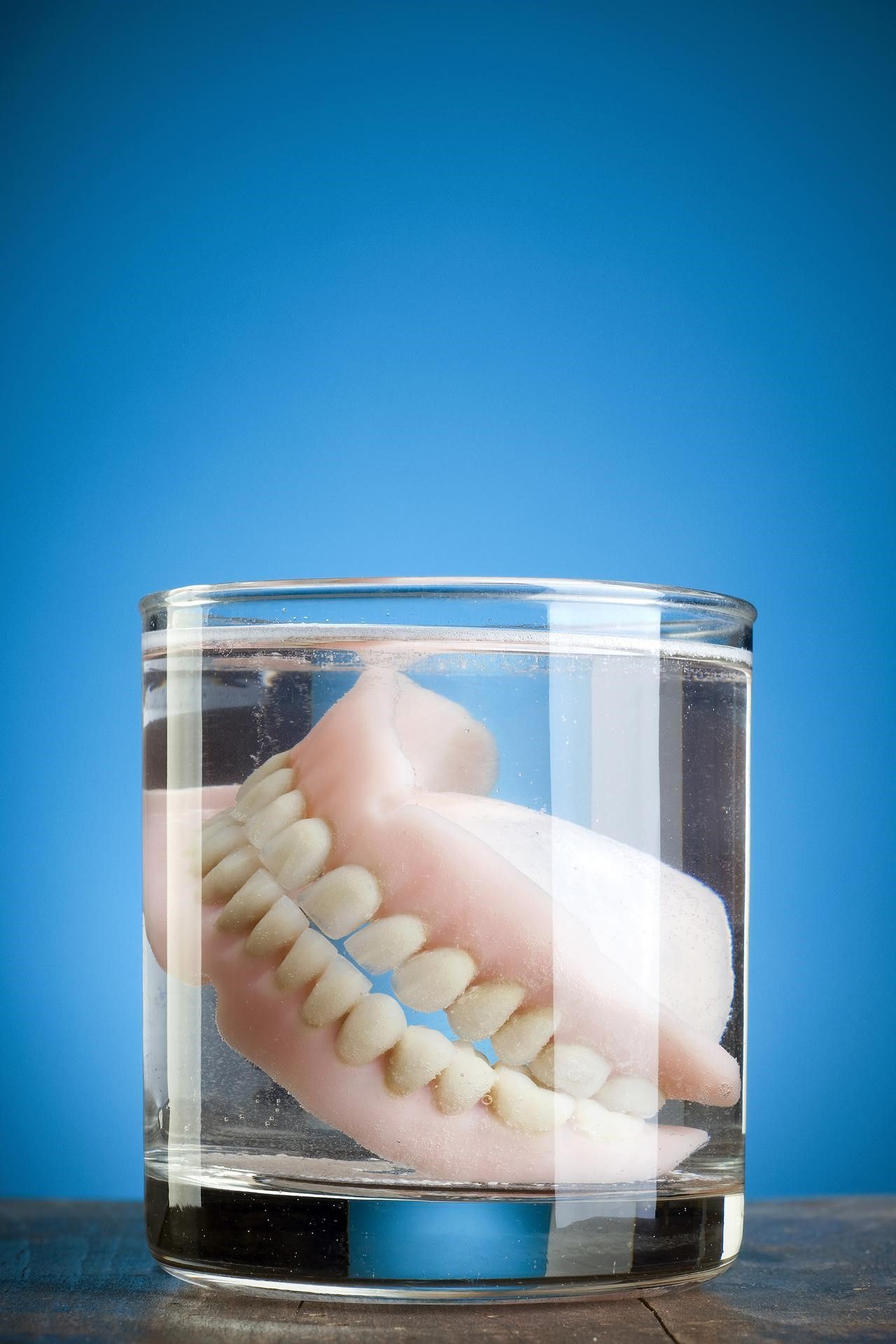Need Scaling and Root Planing? First-Timers' Questions &Concerns
In the U.S., almost half of adults over the age of 30 have developed periodontitis, a gum disease that has advanced past gingivitis or gum inflammation. If you've developed gum disease, or periodontitis, your dentist might recommend an appointment for scaling and root planing. If you've never had this procedure before, you may have many questions about it and wonder why you need it along with a regular cleaning.
Read on to learn more about this procedure so that you assuage any worries you may have and feel good about addressing your periodontitis.
Why Do People Need Scaling and Root Planing?
Regular dental cleanings are preventative procedures that are used to help halt cavities and the progression of gingivitis. However, if you've already developed periodontitis, then these regular cleanings aren't enough to address the issue.
Periodontitis causes gum pockets around your teeth. These pockets can fill up with bacteria and cause the gums to pull away from teeth. During a regular cleaning appointment, your dentist can address the oral bacteria that's on your enamel, but they cannot address the plaque that's filled in these pockets below the gum line.
Scaling and root planing is considered to be the gold standard for removing bacteria below the gum line and treating periodontitis. If you don't treat your periodontitis, the bacteria below the gum line can cause bone damage and even tooth loss.
Furthermore, gum tissue doesn't regenerate, like other tissue in your body, and grow back. But, after scaling and root planing, gum pockets may be able to shrink and reattach more firmly around the base of your teeth.
What's the Procedure Like?
Scaling and root planing are actually two separate procedures that you'll undergo during a deep cleaning. Your hygienist or dentist will use ultrasonic and manual instruments known as a scalers and curettes to complete both tasks.
During the scaling portion of the deep cleaning, your dentist will use an instrument to loosen plaque and remove it from gum pockets. While scaling instruments break up plaque, they won't damage gum tissues or enamel.
Once the gum pockets are clean, your dentist will use an instrument to smooth any exposed surfaces of your tooth roots. When tooth roots are smoothed, it's easier for the gum pockets to shrink and the gum tissue to reattach more firmly so that bacteria doesn't get below the gum line.
Is the Procedure Painful?
Because the cleaning happens below the gum line, some patients may worry that this procedure will be painful. However, your dentist will use a local anesthetic during the treatment, so you shouldn't feel pain. In fact, you may be a little numb afterwards, but you can immediately return to normal daily activities after a deep cleaning.
As can be expected, your gums may be a little swollen and tender in the following days after your appointment, but your dentist can prescribe a mouth rinse or other analgesic to help you feel comfortable.
How Often Do You Need to Have It Done?
How often you need deep cleanings really depends on many factors. For instance, if you commit to good athome care and cut out bad habits, like smoking, you may be able to halt the periodontitis so that you don't need cleanings as frequently.
With this said, many people usually need two appointments for a complete scaling and root planing procedure, as your dentist may only work on one side of your mouth at each visit. If you have chronic periodontitis, you may need to have regular deep cleanings along with your annual or bi-annual dental cleaning.
To extend the length of time between deep cleanings, your dentist might place antibiotic microspheres in the gum pockets. These microspheres can release medication slowly, which will extend the length the scaling and root planning benefits.
Reach out to us at Eastland & Professional Dental Center to find more answers to your questions and concerns about scaling and root planing.









